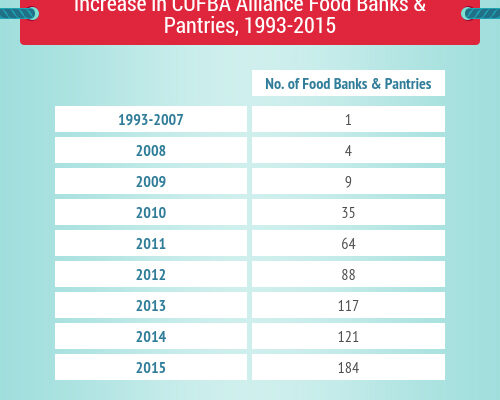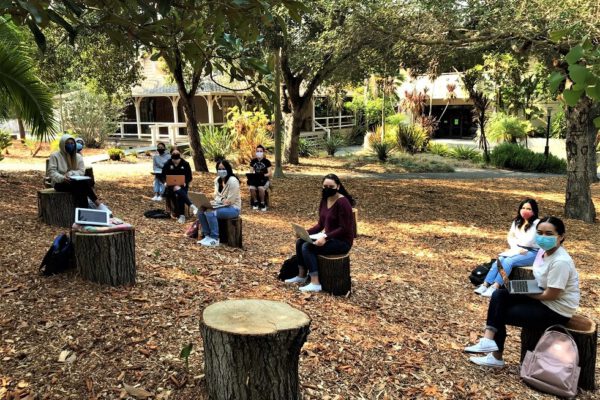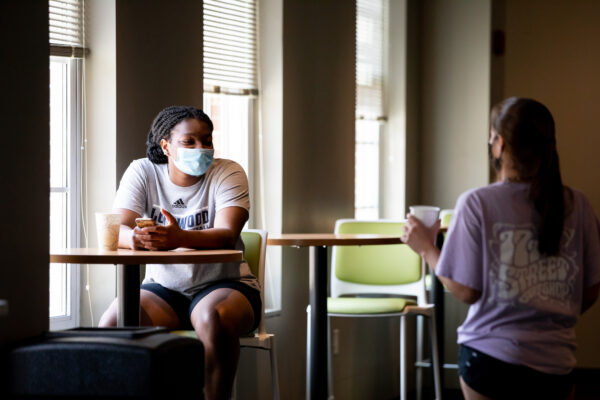One in Five Students Experienced Food Insecurity During COVID-19
Title: Undergraduate, Graduate, and Professional Students’ Food Insecurity During the COVID-19 Pandemic
Authors: Krista M. Soria, Bonnie Horgos, Daniel Jones-White, and Igor Chirikov
Source: Student Experience in the Research University Consortium
The Student Experience in the Research University Consortium surveyed college students enrolled in large public research universities on their experiences with food insecurity from May through mid-July 2020. The report provides a breakdown of food insecurity rates by demographic groups for both undergraduate and graduate student respondents.
Participants were given two prompts: “I was worried whether my food would run out before I got money to buy more” and “The food that I bought just didn’t last, and I didn’t have money to get more”. Among survey respondents, 22 percent of undergraduates and 19 percent of graduate and professional students reported at least one of these statements was “sometimes true” or “often true”.
Several underrepresented student groups experienced substantially higher rates of food insecurity, including Black, Hispanic or Latinx, American Indian or Alaska Native, and international students; low-income students; caregivers to adults; first-generation college students; and students who identify as transgender, nonbinary, bisexual, pansexual, or queer.
The analysis also suggests that rates of food insecurity are higher among graduate and professional students during the pandemic, compared with rates from a spring 2019 survey.
Click here to read the report.
—Anna Marie Ramos
If you have any questions or comments about this blog post, please contact us.


